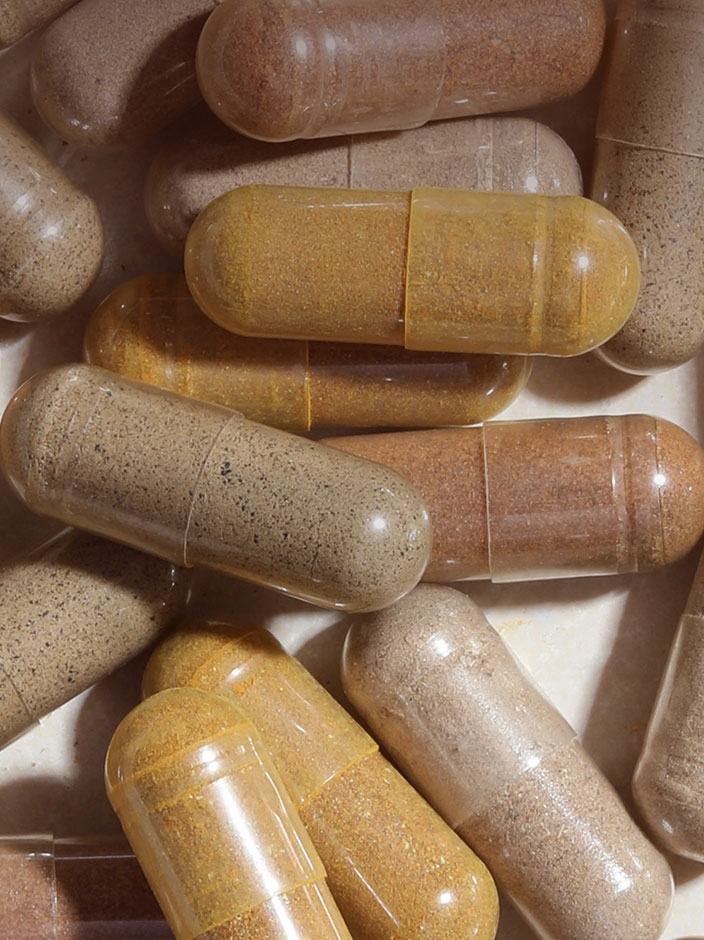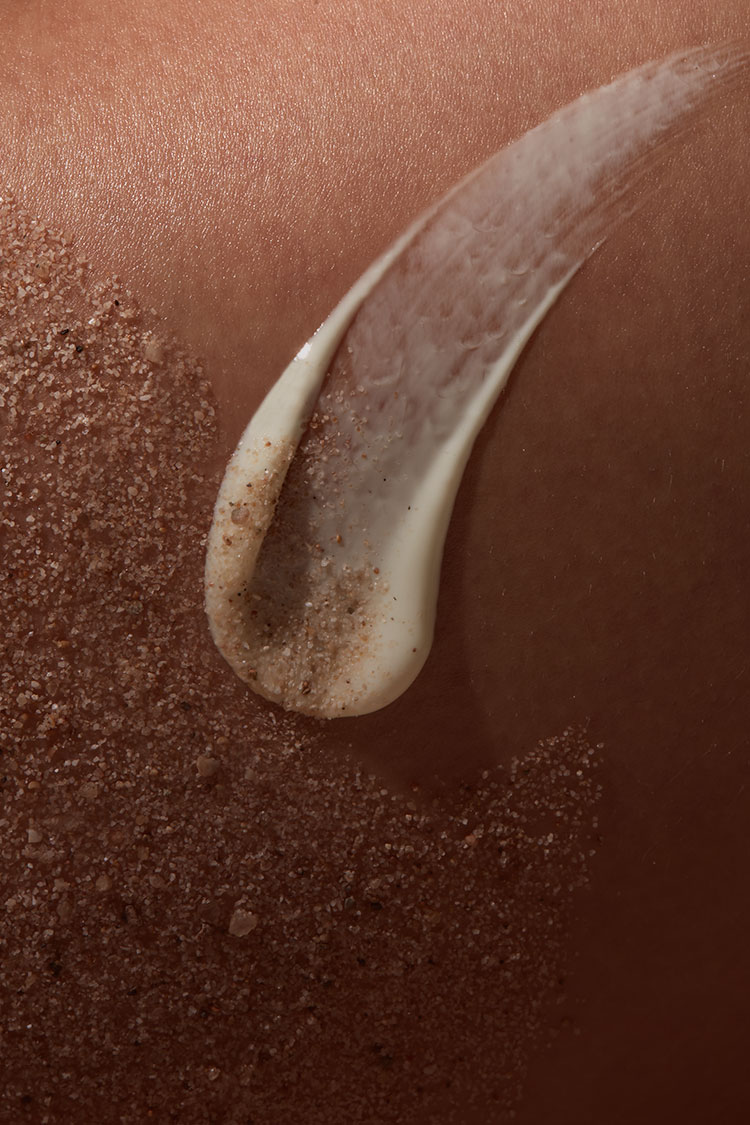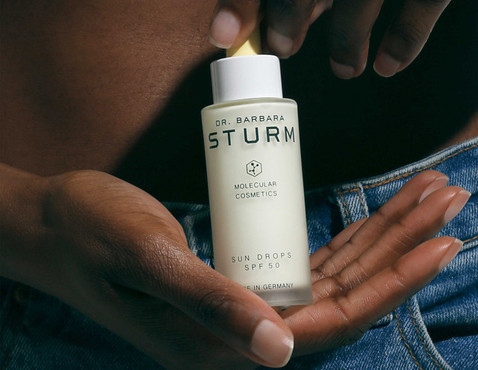What is the best protection from the sun?
27th Feb 2025
Sun protection for your skin is absolutely both a health and beauty necessity. When talking about sun protection, it is important to define terms, and debunk some dangerous myths. ‘SPF’ only refers to UVB protection (shorter, ultraviolet B rays that are associated with skin burning) and says nothing about whether the product blocks UVA (longer, ultraviolet A rays that are associated with skin aging and cancer). The majority of sunscreens - particularly American-made sunscreens which work with fewer and older ingredients - do not protect against UVA rays adequately, even though UVA rays penetrate the skin more deeply, and can even penetrate airplane, car and home windows. So broad spectrum (meaning a screen of both UVA and UVB) is the only way to go.
I created my SUN DROPS SPF 50 with these realities in mind. They can be applied before and after makeup and create a broad spectrum shield on your skin that protects it against UVA and UVB rays, while also providing skin with healing, moisturizing and anti-oxidative ingredients.
Can I Mix my Sunscreen with My Foundation?
It’s important that your choice of sunscreen does not come pre-mixed with makeup because you could be diluting the protective nature of your SPF, causing it to be less effective. I’d also always avoid mixing your sunscreen with your makeup - some of the ingredients in your moisturizer or foundation may compromise your sunscreen’s UV filters, making it less effective.
Does a High SPF Protect My Skin Better?
A sunscreen with SPF 30 will protect you from around 96.7% of UVB rays, and an SPF of 50 means protection from about 98% of UVB rays. Anything beyond SPF 50 makes very little difference in terms of risk of sun damage. Ideally, you should be using an SPF 50 and looking for broad-spectrum formulas, which protect from both UVA and UVB rays.
I’m Not Going Abroad, Do I Still Need Sunscreen?
Sun protection for your skin is absolutely both a health and beauty necessity, no matter where you are. Sunburn isn’t something that happens only when you’re on holiday, you can get sun damage anywhere you are, even on cloudy days and UVA rays (which play a greater role in premature skin aging) are a year round skin damager. So sun protection should always be part of a daily skincare routine.
When Should I Apply Sunscreen?
Approximately 15 to 30 minutes before you expose your skin to the sun. That’s about how much time it takes for your skin to absorb it. You can reduce your risk of sunburn by reapplying every two hours and try to avoid the sun between the hours of 10AM and 4PM – which is when the sun’s UV rays are strongest. Bare in mind that whilst your sunscreen may be labelled ‘water resistant,’ no sunscreen is completely waterproof or sweatproof - it should always be reapplied after swimming or sweating.
Can you Use Body Sunscreen on your Face?
Like facial moisturizers, sunscreen products for your face tend to be formulated differently to body moisturizers; facial skin is exposed to the elements all day every day and has different requirements and concerns than the skin on the rest of your body. Modern facial sunscreens, like my SUN DROPS SPF 50, which is a lightweight, sunscreen/skincare hybrid serum formulation, are created to the same high standards as skincare products and designed to be lighter textured and more easily-absorbed than sunscreens for the body.
Do Sunscreen Supplements Work?
In a study published in the American Journal of Clinical Nutrition, supplementation with Beta Carotene and Vitamin E helped reduce skin redness after exposure to ultraviolet light – so there is a notable reduced risk when taking an effective formulation. I developed my SUN SKIN supplement to prepare the skin for sun exposure and protect the skin against sun allergies, heat rashes and prickly heat. It contains a blend of Golden Fern, Raw Cacao and Green Tea Extract, plus Beta-Carotene, Selenium, Vitamins C and E, Glutathione, Purslane and Zinc to help protect cells from oxidative stress caused by exposure to UV radiation and contribute to healthy skin function. Beta-Carotene, Astaxanthin and Lycopene also give skin a natural, sun-kissed glow all year round – whether you’re in the sun or not. SUN SKIN should be used to complement sufficient UVA/UVB protection - it does not in any way replace the fundamental basics of sun care.
What Else Can I Do to Protect My Skin?
It’s also overlooked that you should maintain a healthy skin barrier function at all times, and this will serve to protect your skin from the sun. Clinical studies have shown that high concentration, blended high- and low molecular weight Hyaluronic Acid and Purslane, as in my HYALURONIC SERUM, combine to effectively improve skin barrier function.



.jpg)







